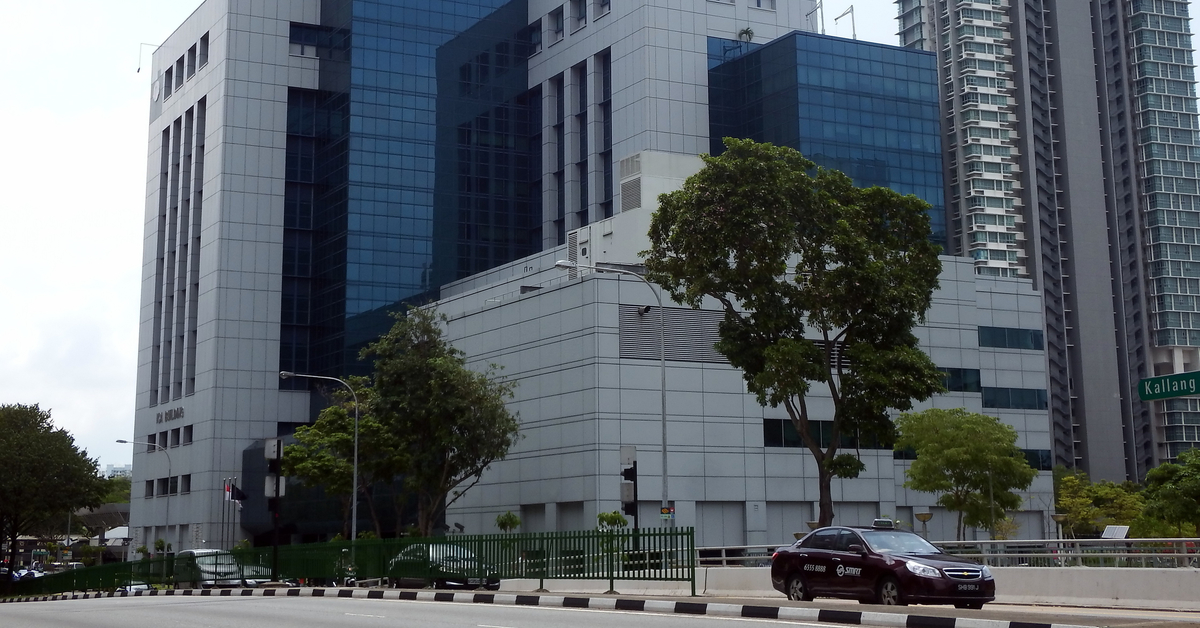Radicalisation is a scary thing.
For one, it’s in contradiction to the conventional state of things.
And for another, it’s more often than not associated with brute forms of violence.
As such, it’s somewhat worrying when a radicalised individual turns up in our homeland…
An occurrence that has, unfortunately, happened too many times.
Radicalised M’sian Who’s Deported from S’pore Sentenced to 3 Years’ Jail Over Terrorist Materials
A 34-year-old radicalised man has been sentenced to three years’ imprisonment for the possession of Islamic State in Iraq and Syria (ISIS) related items.
Mohd Firdaus Kamal Intdzam, who operated as a cleaner here, had been arrested by local authorities back in July 2020, and was subsequently deported to Malaysia.
Apparently, he had wanted to travel to Syria to take up arms for the terrorist group.
The plan, which involved his own wife, ultimately fell through.
Firdaus had ventured online in 2016 to “deepen his religious knowledge”.
It was there that he learnt more about pro-ISIS content.
“Through sustained exposure to pro-ISIS materials, Firdaus was convinced by early 2018 that ISIS was fighting for Islam, and that its use of violence to create an Islamic caliphate was justified,” said the Singapore’s Internal Security Department (ISD).
Proclaiming Abu Bakr al-Baghdadi, a self-declared leader of ISIS, as the true ruler of Islam, Firdaus went on to promote the group on his social media accounts.
Not satisfied with the back end, he started dreaming of entering the frontlines, and wished to travel to Syria to fight for ISIS.
His 34-year-old wife, a Singaporean who was radicalised by him, had desired to accompany him as well.
Despite his intentions, Firdaus is said to have had no particular plan to incite violence here.
Sentencing
In court, Firdaus was charged with six counts of possessing ISIS-related items, including four books and a flag.
He eventually pleaded guilty.
“Notwithstanding the mitigating reason given by the accused that is personal in nature, the prosecution humbly submits that the court must also consider the seriousness of the offence,” Deputy Public Prosecutor Sarah Khalilah Abdul Rahman said.
“Especially for terrorism-related offences, the court should take judicial notice of the continuing threat of the Islamic State and other such splinter extremist groups within and around the region.”
He was sentenced to three year’s imprisonment on each count and will begin serving concurrently from the date of his arrest.
Meanwhile, his wife, who was a religious teacher, has since had her teaching license suspended.
She has also been given a Restriction Order for two years.
Other Instances
In January, local authorities revealed that a 16-year-old Singaporean boy was detained under the Internal Security Act (ISA) last December.
He was found to have made “detailed plans” to conduct terror attacks at two mosques.
Like Firdaus, he was self-radicalised.
According to The Straits Times, the teen will undergo psychological counselling for his troubling beliefs.
Both a mentor and a Christian religious counsellor will be assigned to correct his radical ideology.
Social support will also be given to the youth and his family.
However, the revelation has effectively shaken the nation to its core.
It has also led the government to contemplate new restrictions on Internet content.
On 1 Mar 2021, Second Minister of Home Affairs Josephine Teo revealed that the Singapore government is looking to regulate content on internet platforms.
She was responding to Mr Zhulkarnain Abdul Rahim (Chua Chu Kang GRC) who asked about how Singapore plans to counter harmful content here.
Raising the case of how a Singaporean 16-year-old boy was radicalised by extremist online content, Ms Teo says examples of harmful content include:
- Extremist content like the 2019 livestream of the Christchurch shooting and the shooter’s manifesto
- The unapproved sharing of voyeuristic and intimate photos and videos
Ms Teo also pointed out that Germany has already introduced laws that require online platforms to respond to users’ complaints about harmful content.
The UK also introduced the Online Harms Bill in December 2020 which allows them to block online platforms or fine them up to 10% of their global revenue for not removing harmful content.
Featured Image: Hi-Point / Shutterstock.com
